This is another installment of Semenov&Pevzner’s overview of major lawsuits and infringements affecting the gaming industry.
This overview covers the second half of 2020. You may access the previous installment of this overview, covering the period from December 2019 to April 2020.
The report was prepared by Alexey Pereverzev, Lawyer at Semenov&Pevzner, and Ekaterina Smirnova, Managing Partner at Semenov&Pevzner St Petersburg Office.
Alexey Pereverzev and Ekaterina Smirnova
This is Part Two of Two. It will deal with image rights, personal data, gambling, as well as various cases indirectly affecting the video games industry.
Continued from Part One, which covers copyright, trademarks, and patent rights.
Image rights
The image of a person featured on a photograph is afforded legal protection that is separate from the protection enjoyed by the photograph itself. In order to obtain the right to use a real person’s image one must secure the person’s consent. In practice, however, this rule often gets overlooked by game developers.
16. Artist Stephanie Dorris accused the makers of League of Legends of using her image in the game
In November 2020 artist Stephanie Dorris shared in her Medium post that she was suspecting the image of Seraphine from Riot Games-developed and published League of Legends was based on her own. According to the artist, it could have been her ex-boyfriend, then employed by the game studio, who initiated the copying, but Dorris’s complaint was aimed for Riot Games.

Seraphine
Dorris asserted that the character’s name, pink hair, and even eyeglasses, pet cat and certain angles of the character’s image might have been based on and inspired by the artist’s. Besides, Dorris’s artworks look similar to the drawings that are attributed to the character in the game.
Riot Games labeled these claims as baseless, as Dorris’s ex boyfriend who had allegedly recycled her image in the game had left the company more than a year earlier, and was never part of character development. What is more, Dorris’s allegations intrigued the online community which concluded that the character had in fact been based on the image of another person, namely the spouse of Riot Games employee and lead designer of the character in question.
17. Minneapolis resident discovers his doppelganger in The Sims
Another curious instance of the use of a living person’s image concerns The Sims 4, the popular life simulation game developed by Maxis and published by Electronic Arts. The person’s girlfriend was the first to raise the alarm by posting on Reddit on May 5th, 2020 about the scare that the coincidence had caused Eric Lewis, her boyfriend.

Eric Lewis and Eric Lewis the Sim
Having installed the game, Lewis was shocked to discover there already existed a character by the same name and looking very much like Lewis. It soon transpired that many users had seen the character, meaning that it could not have been Lewis who created the character, and that Eric Lewis from The Sims 4 was one of the pre-set characters available to choose from.
Lewis did not come forward with any claims against the developers of the game.
18. Over 300 football players, including Zlatan Ibrahimovic and Gareth Bale, are contemplating a legal action against Electronic Arts
In November 2020 it transpired that discontent was growing in the professional football community in connection with the unauthorized use of players’ images in the FIFA game.
Sweden’s renowned footballer Ibrahimovic went public with his criticism and said: “Who gave Fifa EA Sport permission to use my name and face? FIFPro? I’m not aware to be a member of Fifpro and if I am I was put there without any real knowledge through some weird maneuver. And for sure I never allowed FIFAcom or Fifpro to make money using me. Somebody is making profit on my name and face without any agreement all these years. Time to investigate.”
The International Federation of Professional Footballers is currently authorized to monetize names and images of all its members. In edge cases, where the player is not a member or has a separate agreement with the Federation, the player, his club, league or federation may own the rights instead. Are we on the brink of a revolution?
Personal data
The ever rising popularity of video games and millions of players worldwide make the protection of personal data all the more important. Unfortunately, data breaches do occur, inevitably leading to reputational and even financial losses.
Besides, robust data policies can minimize the negative impact that unidentified actors can have on the functionality of the game.
19. Capcom suffers a hack that exposes user personal data
According to the Japanese developer and publisher Capcom, in November 2020 unidentified third parties gained unauthorized access to the company’s intranet, causing disruption in certain systems including email and file servers. At the time, Capcom said there was no sign of user data breach.
It later transpired that some of users’ personal data was indeed compromised, prompting Capcom to issue a follow-up press release.
It remains to be seen if users will complain about the data breach, but if the company is found to have been in breach of GDPR it will be facing a fine of up to 4% of their annual revenue.
Gambling
In many games, some elements of the interface appear at random and are not fully dependent on the player’s actions – however, they do offer the player certain benefits. Such elements of interface may, therefore, invite parallels with gambling – and in many countries of the world, including Russia, there are laws in place that impose restrictions and prohibitions on gambling activities.
20. Electronic Arts ordered to remove loot boxes from its Dutch market games
A court in the Hague in October 2020 resolved the dispute around the legal status of loot boxes by recognizing them as a form of gambling and striking down the legal action brought by Electronic Arts and their subsidiary against the Netherlands Gambling Authority (KSA), which had seen the studio argue that loot boxes were, instead, an intrinsic part of the gameplay.
By way of background, in 2018 KSA commissioned a study that showed that there may exist a correlation between the presence of loot boxes in a game and a player’s addition to gambling. After the study was published KSA called on the gaming industry to make changes to their output so that the games would comply with gambling regulations. Electronic Arts did not follow KSA’s directions and on October 15, 2019 got issued with a fine against both the Swiss subsidiary that distributes the FIFA game in the Netherlands and the holding company – which could mean a total of €10 million.
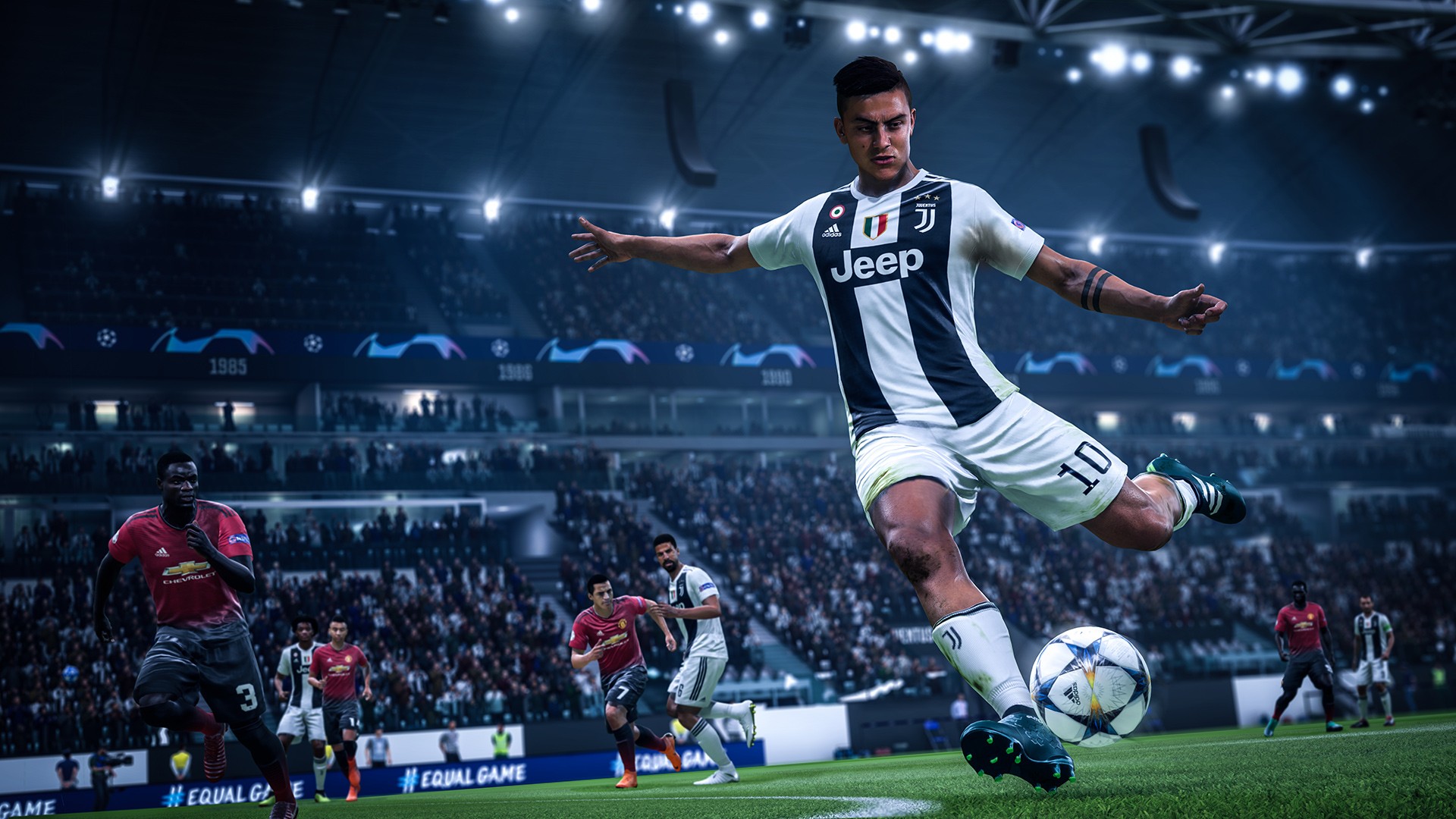
FIFA 19
The Hague did not accept the position of Electronic Arts according to which loot boxes are an intrinsic part of the gameplay and worthless outside the game (as their contents cannot be converted into money), and ordered the studio to remove, within three weeks, loot boxes from all games of the series starting with FIFA 19 — or pay a penalty of €250 thousand per each week while not compliant (subject to the maximum penalty of €5 million).
This is not the first time Electronic Arts faces a problem with loot boxes: they have already had to stop the sales of loot boxes in Belgium after the local gambling watchdog issued a similar decision and the studio lost their legal action there.
A spokesman for Electronic Arts has asserted that the studio’s loot box system is in line with Dutch gambling laws, and that the company would appeal against the Hague ruling.
21. Treatment of loot boxes as gambling gains momentum in Europe
In June 2020 UK’s Department for Digital, Culture, Media & Sport (DCMS) announced it was gathering evidence of gambling addiction to loot boxes in children.
The move came after 2019 insights received by the DCMS select committee and pointing to the possibility to exchange loot box gains for money on third-party websites, which could facilitate profits for players with a gambling addiction. The aggravating circumstance was that children were spending increasingly large sums of money on loot boxes, with the story of Jonathan Peniket gaining particular traction after he spent about £3 thousand on Fifa Ultimate Team loot boxes.
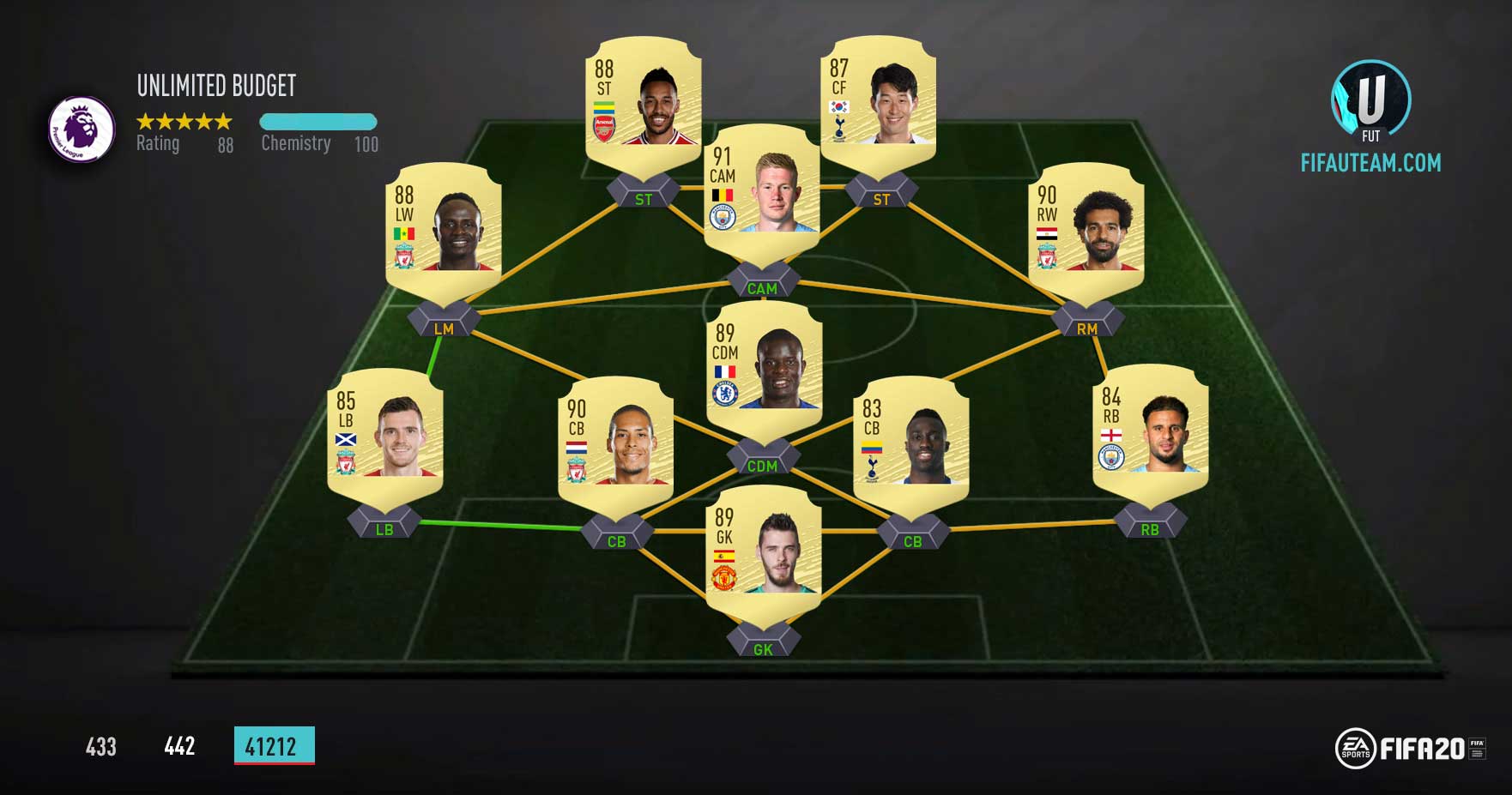
Fifa Ultimate Team
In a subsequent September 2019 report the DCMS committee recommended to treat loot boxes as gambling products. If this recommendation ultimately finds its way into policy, it can have a substantial effect on game developers who will find themselves having to recall some of their games or re-work game design in order to be able to sell the games to under-18s.
Spain followed suit in November, 2020, announcing their intention to legally recognize the gambling nature of loot boxes – it is expected that new rules may come into force as early as the second half of 2021.
22. The EU calls for a flexible approach to loot boxes as gambling tools
Some European countries’ attempts to catch loot boxes with gambling regulations have proven futile, and any lawmaker that adopts such a conservative approach will find it hard to stay in tune with the developments on the gaming market.
The July 2020 report commissioned by the EU Internal Market and Consumer Protection committee suggested that loot boxes be approached from the standpoint of consumer protection rather than gambling regulation. This is against the background that the EU has jurisdiction over consumer protection in its Member States, but not over gambling.
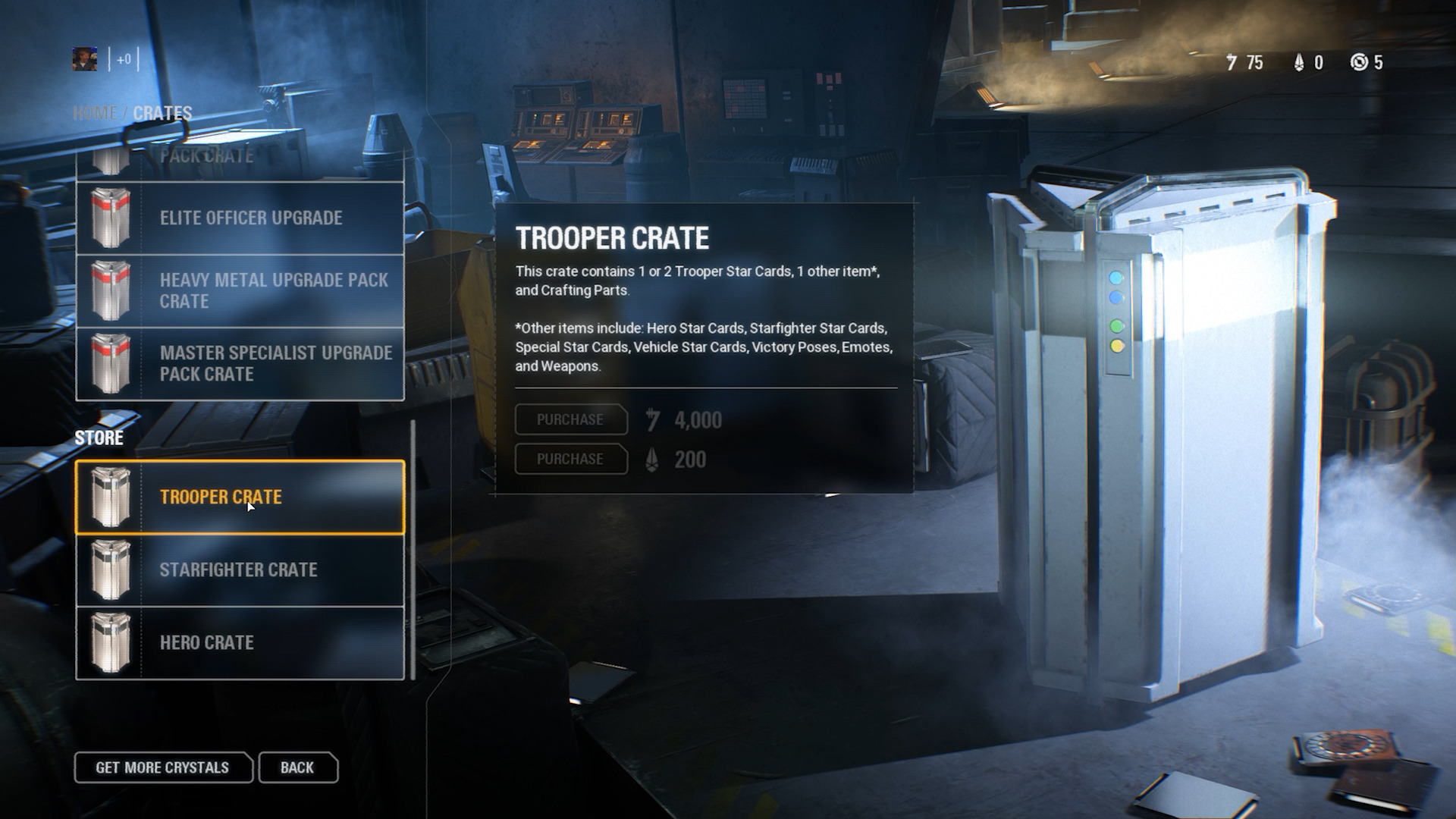
Loot boxes in Star Wars Battlefront 2
The report encourages consumer protection through “responsible game design which refrains from using proven addictive features”. To minimize the likelihood of addiction the players must be clearly informed about the availability of loot boxes before they download or otherwise purchase the game, and about the probabilities of receiving certain items from a loot box at the moment of access. The report also calls for increased parental control, and suggests that the efficacy of the measures can be monitored by consumer testing and supervision by independent bodies.
The new angle is largely due to the ineffective and outdated approach of equating loot boxes with gambling. Besides, the lack of coherence between EU Member States’ local gambling regulations renders a single EU-wide approach to loot boxes as gambling tools virtually impossible.
23. Electronic Arts faces consumer pushback in relation to its patented dynamic difficulty adjustment technology
US players Jason Zajonc, Danyael Williams, and Pranko Lozano have filed a lawsuit with the District Court of North Carolina against Electronic Arts: the plaintiffs claim that the dynamic difficulty adjustment technology, used in the studio’s games to make sure the players do not get bored or disappointed by how easy the game is, forces them to play longer and thereby pushes them to purchase more loot boxes.
The lawsuit goes on to assert that Electronic Arts actions violate the California Consumers Legal Remedies Act, False Advertising Law, Unfair Competition Law, and constitute unjust enrichment.
The group is pleading with the court to compel the studio to discontinue the use of the technology, conduct a corrective advertising campaign, and return the money Electronic Arts has acquired through any practices the court deems unlawful.
Litigation continues.
Miscellaneous
This section deals with cases that cannot be categorized as directly relating to gaming but can have an effect on the gaming industry — and therefore warrant our attention.
24. The legal battle between Epic Games and Apple gains momentum
Epic Games’ antitrust lawsuit against Apple was one of the most consequential in summer and fall of 2020. The action was prompted by Apple removing the popular game Fortnite from their App Store. Apple justified the move by saying that Epic Games had violated the rules of the platform by circumventing Apple’s 30% service fee on purchases of in-game items.
First hearings, which took place at the end of September 2020, saw the district judge Yvonne Gonzales Rogers siding with Apple and saying that the company is entitled to exclude Fortnite from App Store if the developer breaches the agreement it has signed. At the same time, the judge was against the removal of the account of Unreal Engine creators, as that would have been an excessive measure.
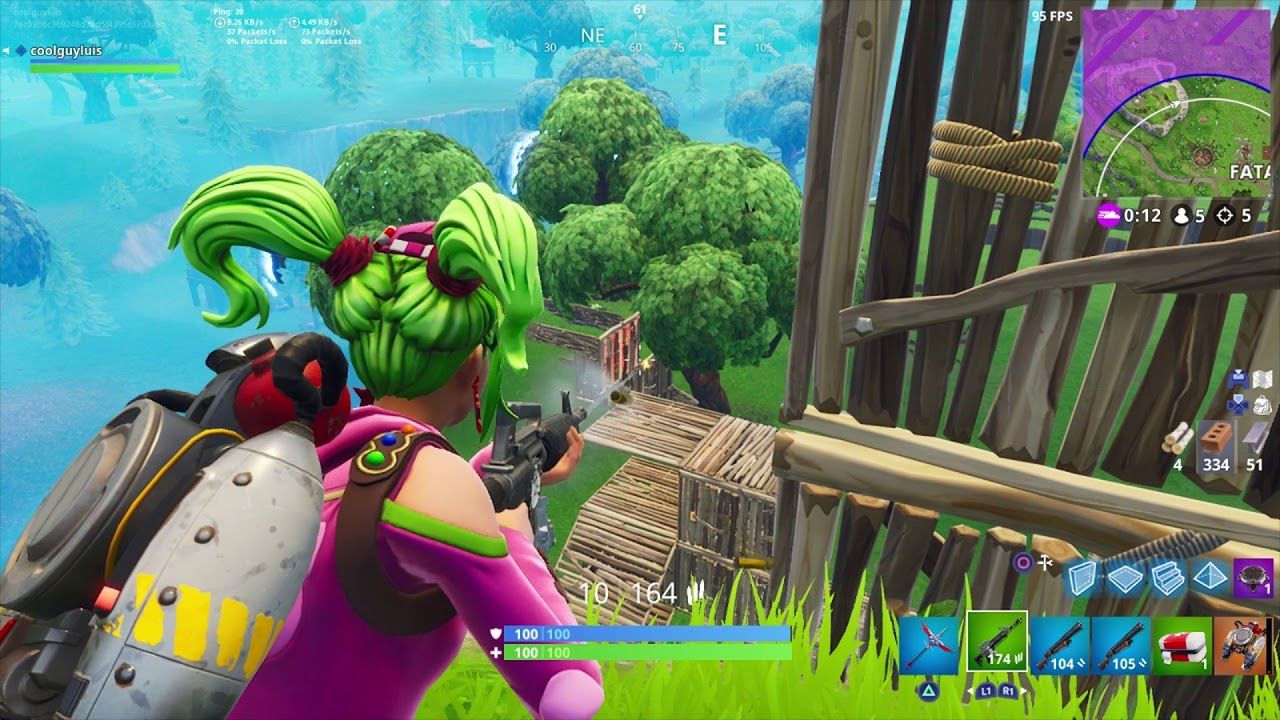
Fortnite
On November 10th, 2020 the court struck down Apple’s two counterclaims that alleged an intentional violation of App Store terms of use on the part of Fortnite creators, whereby they avoided the payment of the agreed fee and appropriated the funds that Apple should have received, and called for the return of funds and payment of a fine.
The court did not find enough evidence to support the allegations of intent on the part of Epic Games, and pointed to an overall lack of evidence that would have been required for a tort claim to succeed. The judge went on to note that Apple could not prove their entitlement to the funds allegedly appropriated by Epic Games, the only thing due to Apple being the 30% commission — the figure that itself was up for debate.
On account of ongoing Covid pandemic the next hearing will not take place until May 3rd, 2021. The parties turned down the court’s offer to involve a jury, so the litigation will be conducted by the sole judge.
Notably, on November 18th, 2020 Apple announced, with effect from January 1st, 2021, a new 15% commission rate (down from 30%) for developers whose on-platform revenue for the preceding year does not exceed $1 million.
25. Player loses court battle against the developers of Game of Sultans
On August 21, 2020 a St Petersburg court dismissed the consumer protection claim filed by the local resident Andrew Sinitskiy against Game of Sultans developer Mechanist Internet Technologies Co., Ltd., Google LLC, and Tinkoff Bank.
In September 2018 the plaintiff downloaded the game from Google Play to his smartphone, accepted the developer’s terms of service and granted the app access to its bank cards. Between late November 2019 and early July 2020, the developer and Google LLC regularly debited funds from Sinitskiy’s account, with the total amount standing at 763 thousand rubles, while the plaintiff was not receiving payment notifications after he disabled them.

Game of Sultans
Sinitskiy claimed damages in the amount of circa 654 thousand rubles and 109 thousand rupees, plus 5 thousand rubles in moral damages. He also asked the court to impose a fine on the defendants, equal to 50% of the above amount, for refusing to voluntarily satisfy his claims.
The court struck down the player’s claims because he had been informed about paid in-game content, both through the game itself and through the additional information section in the terms of service, аnd the player also knew the price range of in-game purchases.
According to the case file on the court’s website, Sinitskiy has already appealed against that decision, and the appeal is now pending at a higher court in St Petersburg.
26. Russian citizen gets a criminal record for selling a jailbroken console
In late May 2020 a Russian citizen was convicted under section 273 part 2 of the Criminal Code of the Russian Federation for the distribution of software designed to circumvent information security measures for gain.
It was established in the course of investigation that in fall of 2019 the defendant paid 5 thousand rubles for a modded Sony PlayStation 3 that enabled the launch of unlicensed programs through the use of special security-blocking tools — which amounts to a breach of the terms of Sony’s software license. The defendant then went on to sell the console for 7.5 thousand rubles.
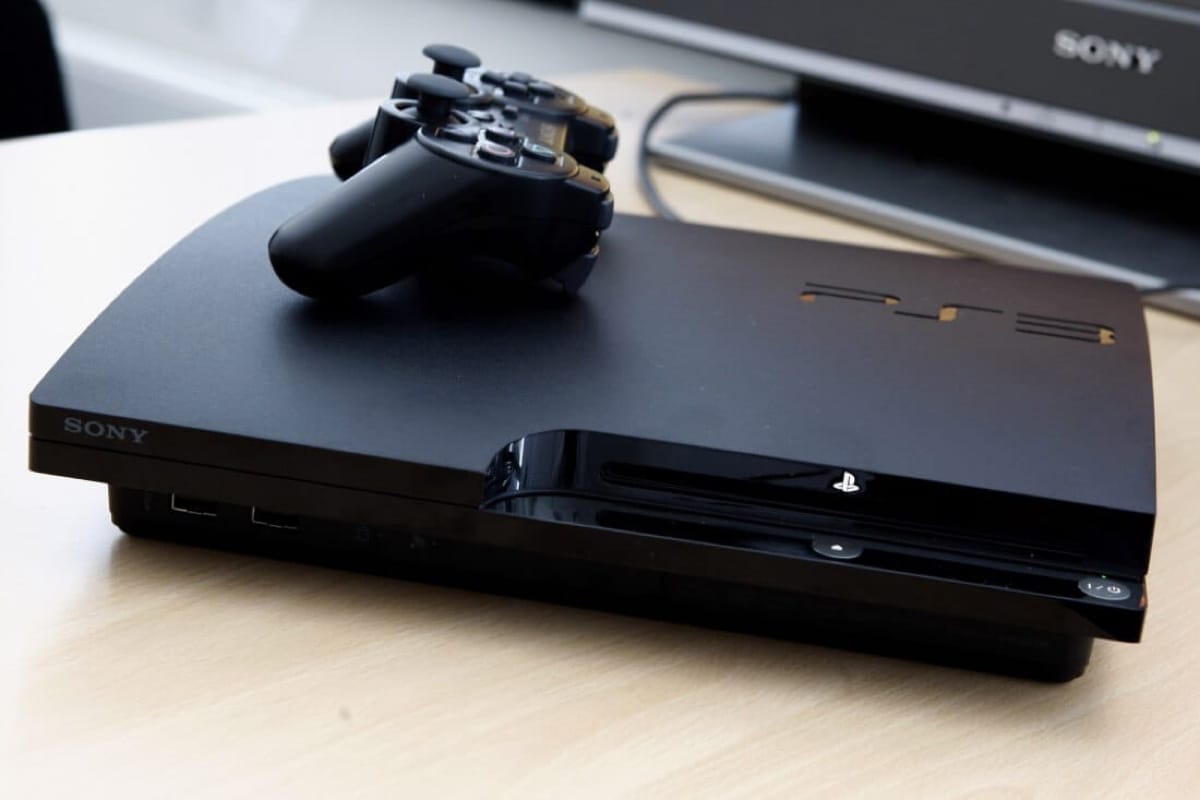
PlayStation 3
The person was found guilty and got issued with a fine of 20 thousand rubles, while the console in question was seized and destroyed.
27. Australian court fines Sony for violating consumer protection laws
In late May 2020 the Australian consumer protection watchdog (ACCC) accused Sony Interactive Entertainment Network Europe Limited (Sony Europe) of violating consumer protection laws by misrepresenting information to Australian consumers on its website and the online PlayStation store.
According to ACCC, since September 2017 Sony Europe started telling consumers who complained about faulty games that the company did not have to refund purchases of games that have been downloaded or where it has been 14 days since the date of purchase. Allegedly, Sony Europe refused refunds unless the relevant game developer informed the consumer of a fault in the game – or otherwise authorized the refund. Sony Europe also told consumers that refunds could be issued in virtual PlayStation — as opposed to fiat — currency.
All of the above was against Australia’s consumer protection laws and the safeguards it put in place: the general rule is that consumers are entitled to a refund, repair or replacement – depending on the degree of fault — if they purchase a faulty product, a product that does not match its description, is not fit for purpose or is of inadequate quality.
The Supreme Court of the country ultimately handed down a $2.4 million fine to Sony Europe – for misleading consumers and violating consumer protection laws.
***
Click here to read more about the team at Semenov&Pevzner and what we do for the gaming industry.

